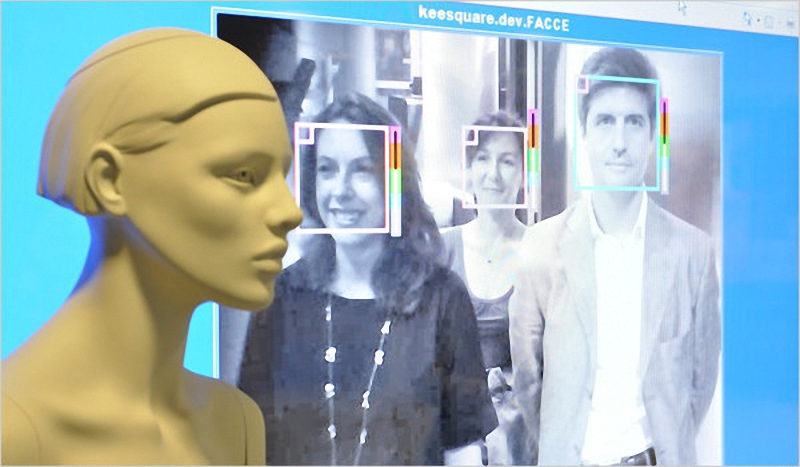
The I.B.M. solution, at least at this point, involves tracking biometrics through a mini camera in a mannequin’s eye or placed somewhere in a store.
There are two tests going on in Milan, one for a fashion company’s flagship store and the other, in an electronics store. The clients have sworn I.B.M. to secrecy for fear of customer backlash, although I.B.M. promises that the data is collected only in aggregated form and cannot be traced to any individuals.
[…]
I.B.M.’s applications are different. At the pilot in the Milan fashion store, for example, the client noticed that almost all Asian customers enter the store through one particular door, even though five are available.
“We thought it was a mistake, but we checked it out and it was right and it continues to happen,” Mr. Bozzi said. “We don’t know why yet but, in the meantime, the store is considering positioning products by that door that are known to appeal particularly to Asian shoppers.”
Once shoppers can be tracked, the next step could be advertisements selected to match biometric triggers: A customer walks into a shop and a piped-in voice asks if the jacket she bought last time has been satisfactory and would she like to see something similar from a new line. (Tom Cruise’s character received the same treatment in the 2002 movie “Minority Report.”)
Ref: Biometrics Take on a New Style – NYTimes
Ref: Les yeux du mannequin – Le dernier des blogs (via Beta Knowledge)


